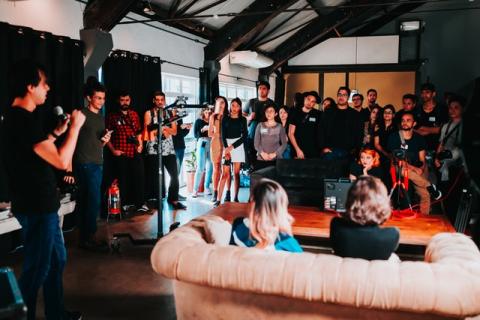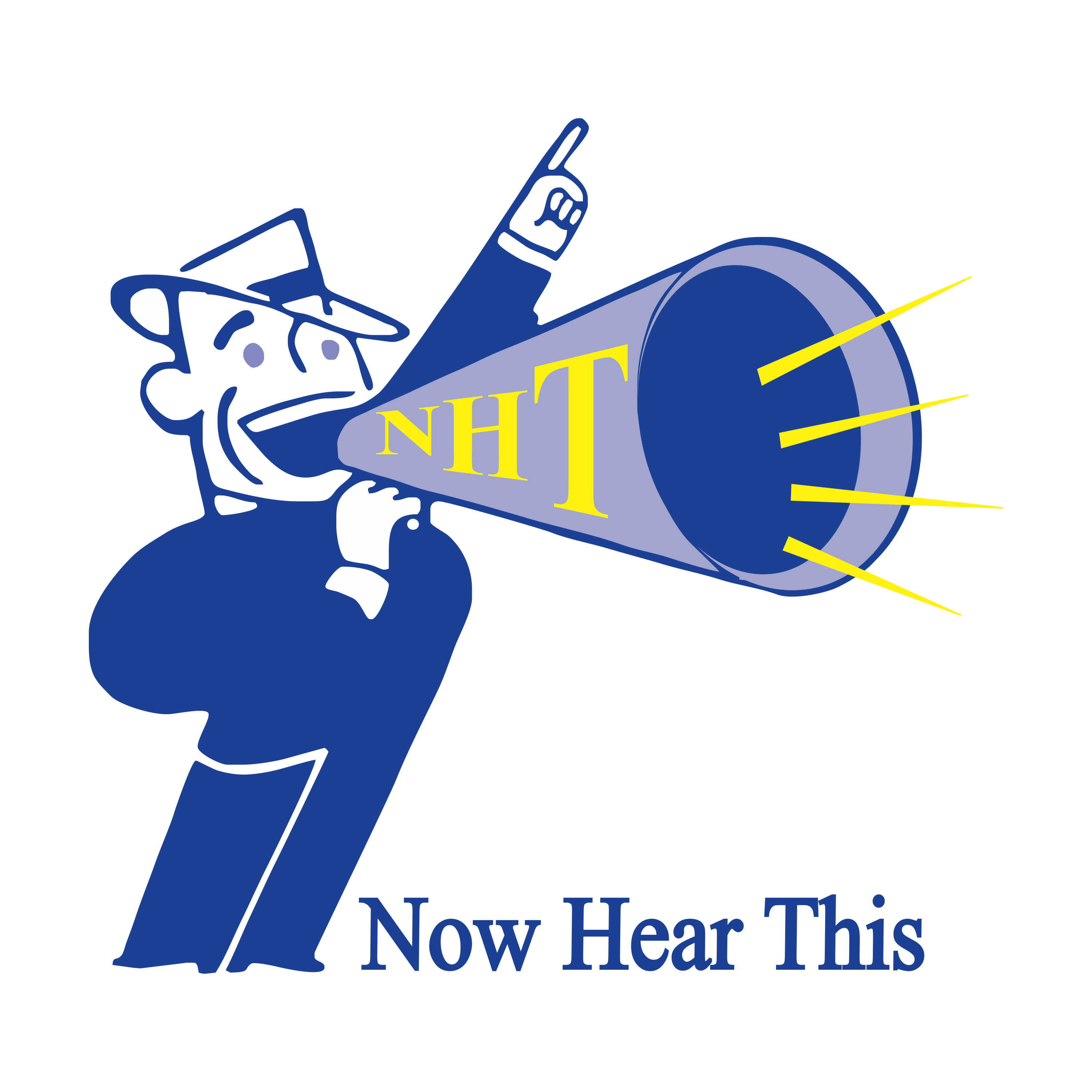
It’s never-ending when you’re a DIY musician. Between writing and recording original music, rehearsals, trying to book live shows, keeping up your online presence, learning new songs, doing the financial part of the business, well, the list goes on. It gets worrisome when you start feeling like you’re forgetting something too.
That’s where you have to step back and look at the difference between, say, forgetting to order new cables for your live setup, and not making time for professional development, for example.
I applaud the countless guys and gals out there who are juggling so much, but I also ask you, what are you NOT doing for your indie music career?
For example, I have one client who for all intents and purposes goes table to table greeting everyone that’s at her show when she performs. It’s anywhere from a “Hello, is this your first time here” to deep, meaningful conversations that start relationships, which translates into people coming back to future live shows. During this walk around she brings flyers with her that have the upcoming dates for her next half-dozen or so shows on there.
It might sound grassroots, but it works and is how you build an audience one fan at a time.
| Related posts: |
| Being Honest and Responsive Will Serve Your Indie Music Career Well |
| 6 Tips for Indie Music Performers |
Similarly, she also has someone who will stand and listen during the first song or two to make sure that it sounds okay. Again, this sounds fundamental, but when you’re a solo act it’s tougher. Do you go this extra mile by perhaps having a friend stand out and give you a thumbs up or give you meaningful feedback so you can adjust accordingly (i.e., “the guitar is way too loud”)?
I recently went to see a band that I know do a live show that was outdoors, which can get tricky in west central Florida due to rain. To be clear, it wasn’t a factor on this night that I was in attendance and the venue did have a tent over the top of them, although it wouldn’t have been a be-all, end-all solution if there had been rain and it was coming at an angle.
So, do YOU have a contingency plan for that type of scenario? Is it a tent with sides on it so you could keep playing? Is it just huge tarps to put over your equipment? Or, is it a strict policy of, “I just refuse to play outdoors”?
And what about professional development, as I mentioned earlier? It’s one thing to do co-writes, but do you belong to a songwriters’ collective or maybe an organization like NSAI where you get some education so that it’s not simply having a fellow songwriter or two coming over to your place so you can crank out a new song?
I’ve said it before, and I’ll say it again. Look at all the toys, er, gear that you’ve purchased but still have not opened, or took out of the box once but have done nothing with since. The same goes with software and/or plugins that have gotten little to no use. Now think of the benefits you could’ve gotten by investing that money in career development resources instead. That could be anything from attending a conference in your industry to taking my Interview Tips Course to joining a professional organization for, say, marketing or social media, or even taking lessons if you “just get by” on guitar or piano, for example.
Believe me when I say that I get it. I know it’s stressful and I know you have a lot of balls in the air. But with some time management and a re-dedication to enhancing the efforts you’re already making, you can set yourself up for even greater success.
If there’s some part of it all that really challenges you, tap into my 18 years of working with artists from around the U.S. Schedule a one-on-one online video consultation with me and let’s have a private conversation about those items so you can keep moving ahead. Our discussion is confidential, and you can benefit from input from a third party who has been on a journey with artists just like you.
